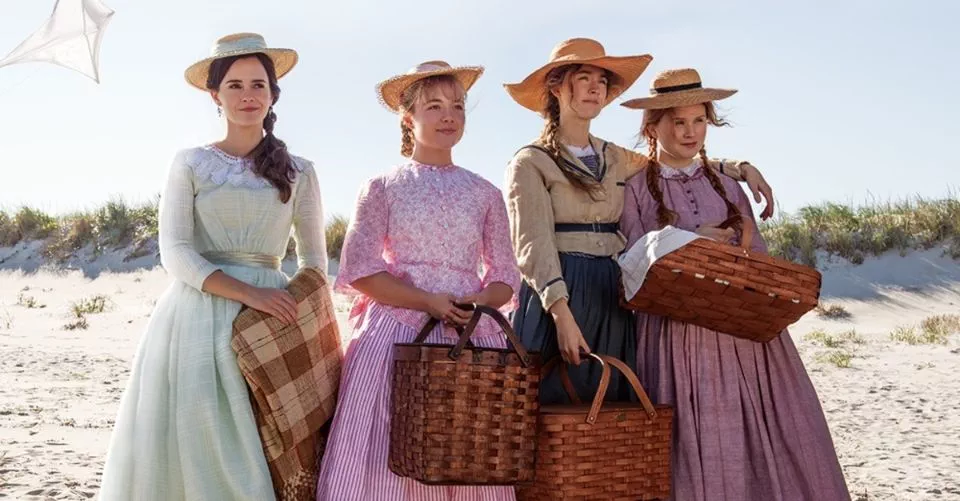Little Women by Louisa May...
When we first meet the March sisters, it’s Ch...
By Adonis Monahan3088

0

For many millennials, it’s probably hard to believe that more than twenty years have passed since Gillian Armstrong’s 1994 version of Little Women premiered in theatres. Indeed, it’s been a long time, but this adaptation definitely holds up, and it’s easy to see why it remains a beloved Christmas classic.
Winona Ryder stars in this adaptation as Jo March alongside Susan Sarandon as Marmie, Claire Danes as Beth, and other beloved stars from the 1990s. The film focuses on the sisters’ growing pains, the financial struggles they deal with in light of the Civil War, various heartwrenching familial tragedies, and their desire for independence. Especially Jo who fights hard for her voice as a writer, and decides to make the fateful decision to strike it out on her own in New York.
The direction and storytelling are fluid, and all the major scenes in the book are included without giving off the stench of pandering to fans of the series: they remain true to the character development and plotting as presented in the film.

The performances are uniformly excellent, and Danes’ turn as Beth is an early indicator of not just her dramatic progress but why she became the internet’s most famous “crying” meme. Sarandon is a warm and natural presence as the strong and wise Marmie, but this is truly Winona Ryder’s vehicle.
And her post-Heathers, Beetlejuice fame reached its zenith in 1994 with her performance in Little Women and a little film called Reality Bites. She carries the film with an excellent and subtle performance that is both funny and deeply touching. It’s no wonder that she was Gen X’s and older millennials poster girl for cool.
This version of Little Women can serve as a strong introduction to the beloved novel and series of the same name by Louisa May Alcott since it remains a deeply accessible watch for a diverse range of ages.
Updated 4 years ago